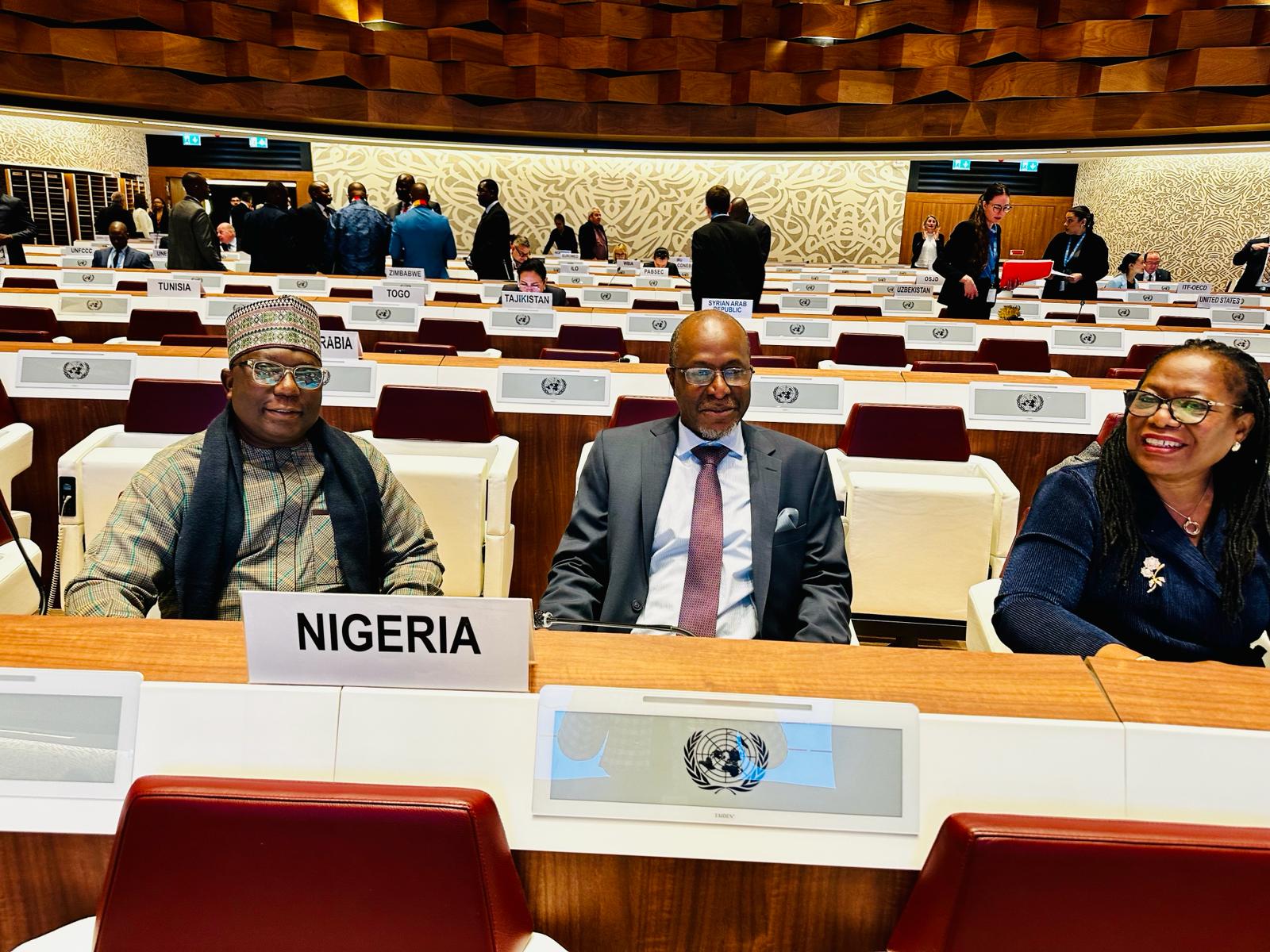Balarabe Abbas Lawal, Nigeria’s Minister of Environment, has reaffirmed the country’s dedication to fostering an environment conducive to reducing greenhouse gas emissions within the transport sector.
The minister reiterated this commitment during his address at the 86th Inland Transport Committee Conference focused on curbing greenhouse gas emissions from transportation.
Themed “Taking ambitious climate action – moving towards decarbonized inland transport by 2050,” the conference was organized by the United Nations Economic Commission for Europe.
Lawal emphasized the importance of collectively recognizing the detrimental impact of transportation-related greenhouse emissions on the environment and the urgent need to address this crisis facing our planet.
“While transportation is essential for societal advancement and economic prosperity, it also significantly contributes to greenhouse gas emissions. Emissions from the transportation sector, notably from road, rail, and inland waterways, pose a severe threat to our environment and public health,” Lawal stated.
He stressed the necessity for collaborative efforts to implement decisive measures to mitigate these emissions and transition towards a sustainable and resilient transport system.
In line with Nigeria’s commitment, Lawal assured that the government would persist in creating a supportive environment to reduce greenhouse gas emissions in the transport sector. He emphasized the need for implementable strategies, incorporating technological innovation, regulatory measures, and international cooperation.
Highlighting the importance of international cooperation in addressing the global challenge of inland transport emissions, Lawal underscored the significance of partnerships and knowledge-sharing initiatives. He urged all stakeholders to actively participate in consultation processes and provide feedback to enhance the collective response to this critical global issue.


